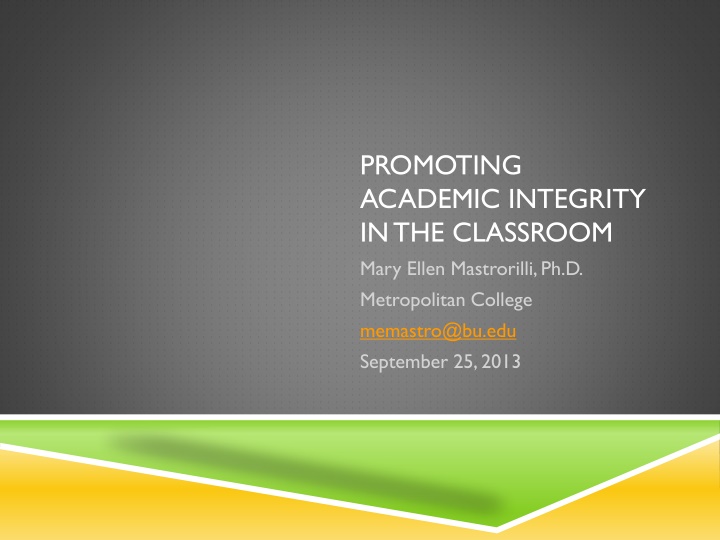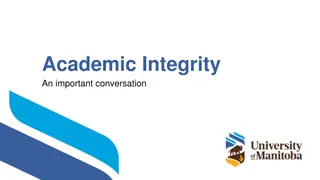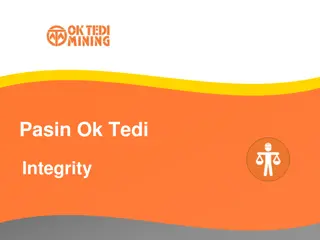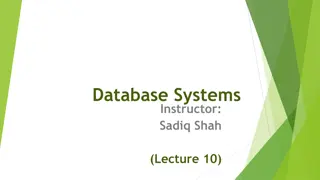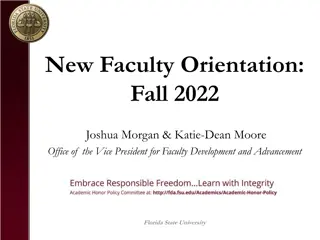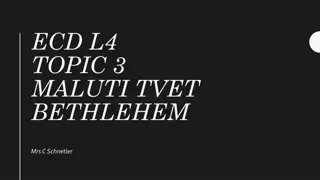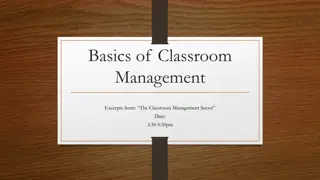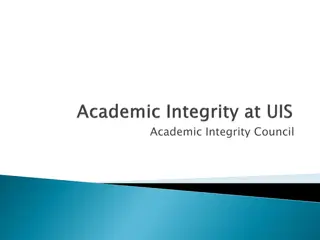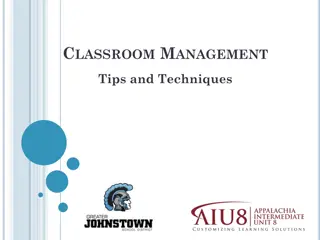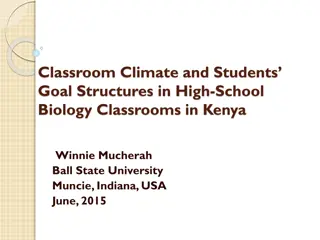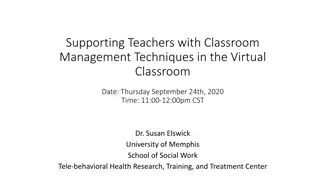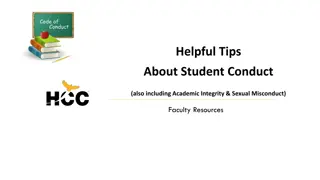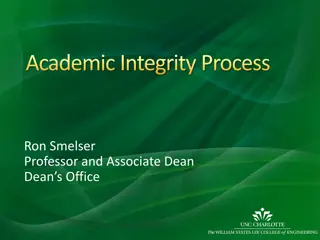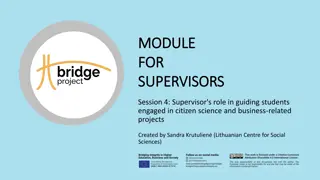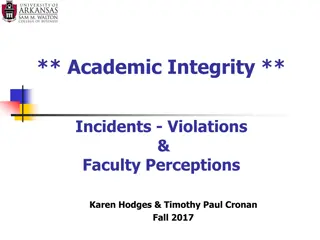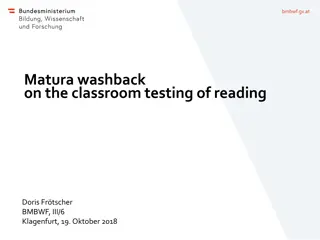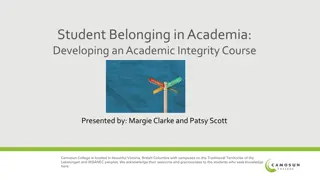Promoting Academic Integrity in the Classroom
"Practical insights and strategies for fostering academic integrity in educational settings shared by Dr. Mastrorilli from Metropolitan College. Email for more information."
Download Presentation

Please find below an Image/Link to download the presentation.
The content on the website is provided AS IS for your information and personal use only. It may not be sold, licensed, or shared on other websites without obtaining consent from the author.If you encounter any issues during the download, it is possible that the publisher has removed the file from their server.
You are allowed to download the files provided on this website for personal or commercial use, subject to the condition that they are used lawfully. All files are the property of their respective owners.
The content on the website is provided AS IS for your information and personal use only. It may not be sold, licensed, or shared on other websites without obtaining consent from the author.
E N D
Presentation Transcript
PROMOTING ACADEMIC INTEGRITY IN THE CLASSROOM Mary Ellen Mastrorilli, Ph.D. Metropolitan College memastro@bu.edu September 25, 2013
AGENDA 1. What we know about academic integrity 2. Strategies that promote integrity 3. Holding students accountable 4. Discussion
WHAT THE LITERATURE SAYS Prevalence of cheating 75% (Bowers,1964) 56% (LaGrange, 1992) 66% (McCabe & Trevino, 1993) 80% (Brown, 1995) 70% (McCabe, 2005)
WHAT THE LITERATURE SAYS Factors related to cheating Peer approval (McCabe & Trevino, 1997) Low GPA (Antion & Michael, 1983) Ease of cheating via computers (Ross, 2005; Underwood & Szabo, 2003; Akbulut, et al., 2008) Difficult course work (Coston & Jenks, 1998) Pressure for high grades (Lambert, Hogan, & Barton, 2003; McCabe, 1992)
WHAT THE LITERATURE SAYS Characteristics of cheaters Male, young, working, extracurricular activities (Whitley, 1998) Male, freshmen and sophomores (McCabe, et al., 2012) Risk takers (deBruin & Rudnick, 2007) Engineering, physical sciences, and computer science (Sendag, et al., 2012) English as a second language (Carroll, 2002)
GHOST WRITER INTERVIEW NIGHTLINE 2011 http://www.youtube.com/watch?v=F5zksf0emF8
FOSTER HONESTY Emulate it. Talk about it. Sign an honor pledge. Create unique assignments that require solving problems, analyzing issues, making decisions. Use in-class written essays. Use office interviews and discussions. Use turnitin.com as a research/writing aid. 1. 2. 3. 4. 5. 6. 7.
ALLEGIANCE AND ACCOUNTABILITY 1. Honor the honest students. 2. Deal in good faith with the dishonest students. 3. We ALL make mistakes.
